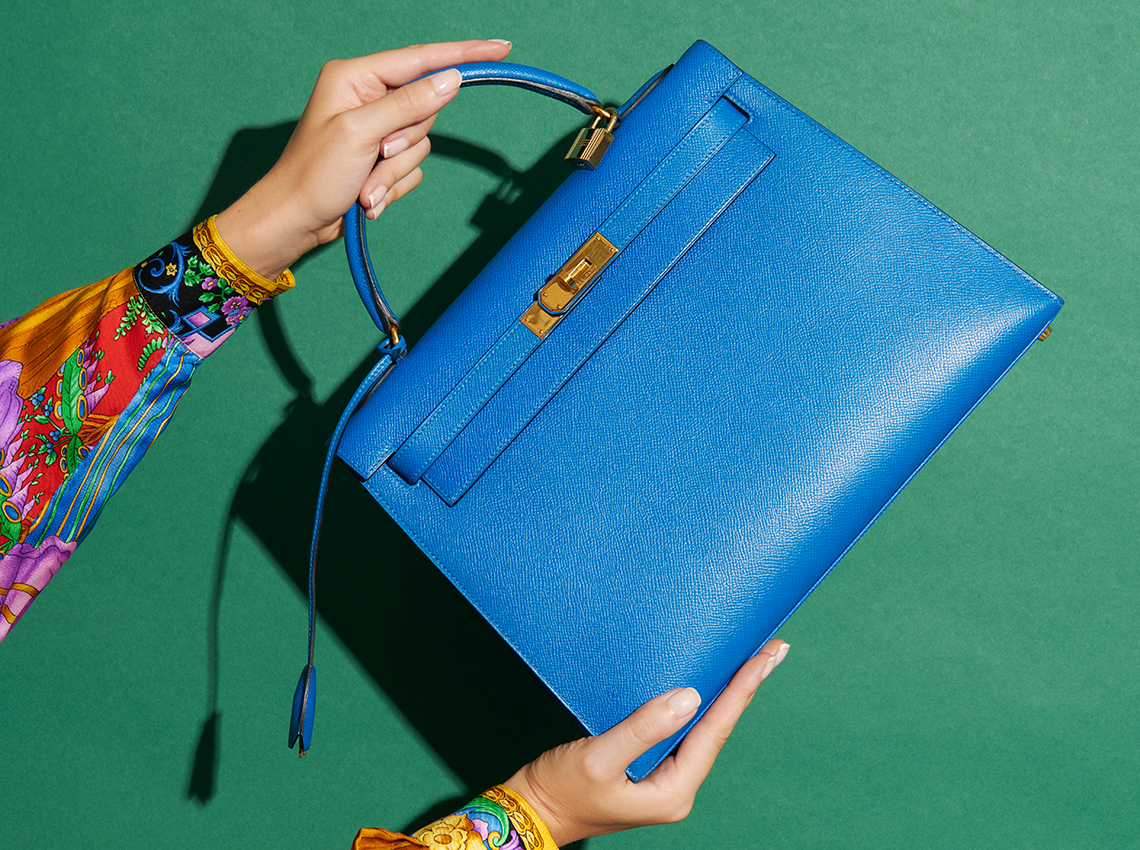Pre-owned luxury on the upswing: a representative study commissioned by Eppli confirms high willingness to buy and great market potential

Luxury and second-hand - what long sounded like a contradiction in terms is now developing into a growth market. This is shown by a recent representative survey conducted by the opinion research institute Civey on behalf of Eppli, the Stuttgart-based auction and trading house for pre-owned luxury. As part of the study, 1,000 private sector decision-makers in Germany were surveyed online. According to the results, 41 percent of those surveyed could imagine buying pre-owned luxury items such as watches, handbags or jewelry - a clear indication of the high demand.
The study captures the opinions of business decision-makers on the market for pre-owned luxury items. The focus was on willingness to buy, transaction experiences, the most popular product categories, the most important purchasing motives and annual spending behavior.
The key results at a glance:
- High willingness to buy: over 40% of respondents (40.7%) can imagine buying or bidding for pre-owned luxury items ("Yes definitely": 21%; "Rather yes": 19.7%). This is an indicator that the market is developing from a niche to a scalable size.
- Growing market: almost one in five respondents (17.7%) have already purchased luxury items from previous owners, with a further 6.2% planning to buy. The figures are similar on the sales side: 15.5% have already sold or auctioned luxury items, while a further 7% are considering doing so in the future. The market is therefore already working in both directions as a genuine circular model
- Popular categories: Watches (14.7%) and designer fashion and handbags (10.9%) are particularly popular, followed by furniture (9.6%), art (9.1%) and jewelry (8.2%). This means that categories that are particularly suitable for resale dominate - with stable prices, high demand and attractive margins for retailers.
- Sustainability as a driver: Although the most frequently cited reason for buying pre-owned luxury items is cost savings (37.4%), a good quarter of respondents (25.8%) cited sustainability as a key purchasing motive. For 18%, collector's interest and buying as an investment are the main reasons. This shows that The market is not only shaped by price considerations, but increasingly by social megatrends such as the circular economy and sustainable consumption.
- Exclusive group of buyers: A small but financially strong group invests considerable sums: 2.7% of respondents spend more than 5,000 euros a year on pre-owned luxury items, with a further 2.4% spending between 1,000 and 2,499 euros. A further 6.2 percent spend between 500 and 999 euros. This affluent customer group offers luxury brands the strategic opportunity to extend the life cycle of their products through second-hand offers, to sustainably secure brand value and to deepen customer loyalty.
The survey, which Eppli commissioned from Civey, makes it clear that the market for pre-owned luxury is developing into a dynamic sector with great potential in Germany. It reflects the change in purchasing behavior towards more sustainability and conscious consumption and thus picks up on a central social development. Even if the trade in second-hand luxury items is still manageable, the study shows a clear openness for future transactions. Companies that focus on this development now can benefit from a growing market and new economic opportunities.
Second-hand luxury on the rise worldwide
The market for second-hand luxury is also growing strongly internationally. According to a study by the IMARC Group, the global market for pre-owned luxury goods was estimated at USD 37.2 billion in 2024 and is set to rise to USD 77.8 billion by 2033 - which corresponds to an annual growth rate of 8.5%. Digitalization is a driving force: online platforms are making access to second-hand luxury goods considerably easier and are changing buying and selling processes in the long term.
Note: Civey conducted an online survey of 1,000 private sector decision-makers for Eppli between April 11 and May 5, 2025. The results are representative due to quotas and weightings, taking into account the statistical error of 5.8 to 6.0 percentage points in the respective overall result. Further information on the methodology can be found here.
press contact:
Eppli Haus Stuttgart
Peter Riemer
Sporerstraße 8
70173 Stuttgart
+49 (0)711 - 997 008 141
p.riemer@eppli.com
 Deutsch
Deutsch
 English
English